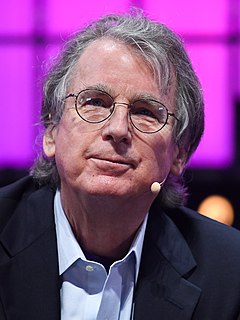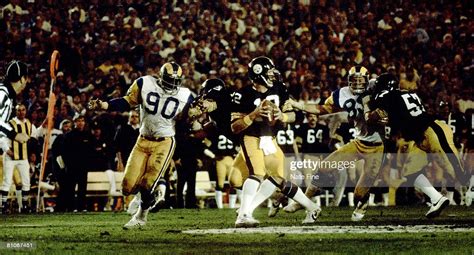A Quote by Steven Levy
Technology writers are seldom subject to frenzied, Beatlemania-esque paroxysms of public attention. June 29, 2007, was the exception. I was in the wrong place - Apple's Fifth Avenue store in Manhattan - with the right device. The iPhone.
Related Quotes
Apple should pull the plug on the iPhone... What Apple risks here is its reputation as a hot company that can do no wrong. If it's smart it will call the iPhone a 'reference design' and pass it to some suckers to build with someone else's marketing budget. Then it can wash its hands of any marketplace failures... Otherwise I'd advise people to cover their eyes. You are not going to like what you'll see.
But writers experience the world and themselves in a unique way. We look for meaning. We see it even when we are not paying attention, which is seldom because, as writers, paying attention is what we do. We are scribes to the ticking of the days, and we have a job to do. We are not at peace unless we are doing it.






























